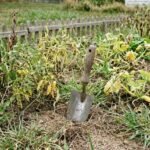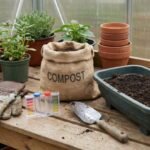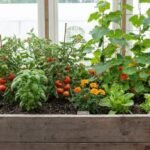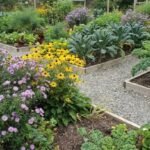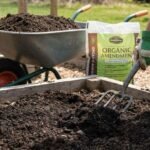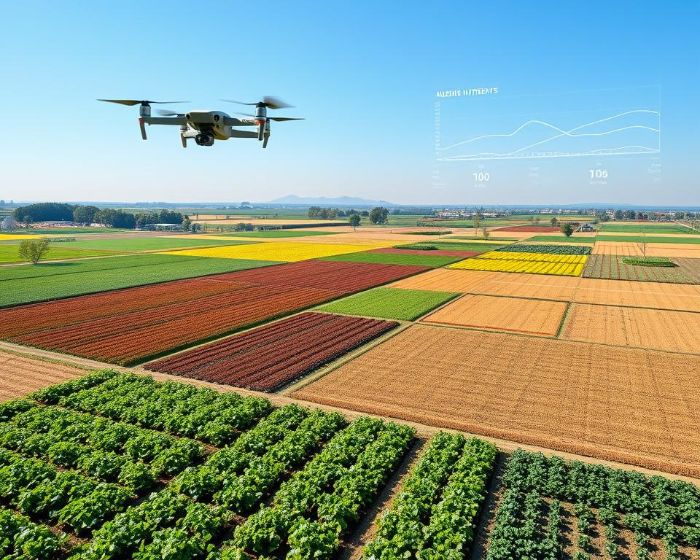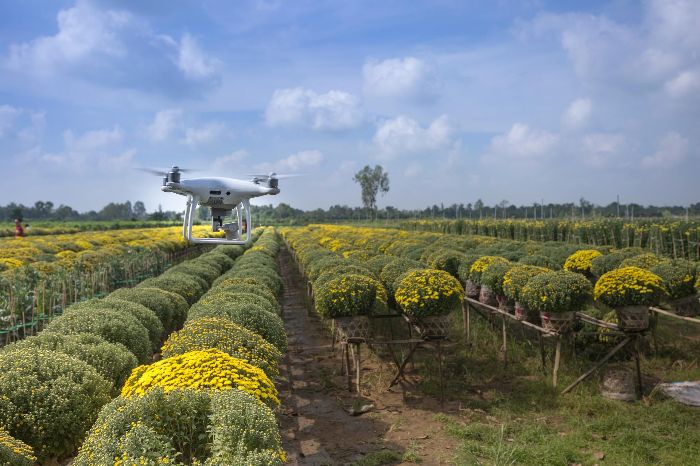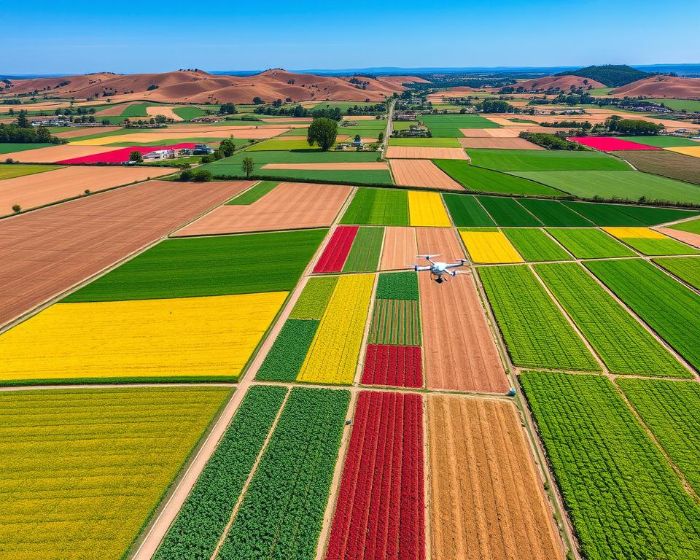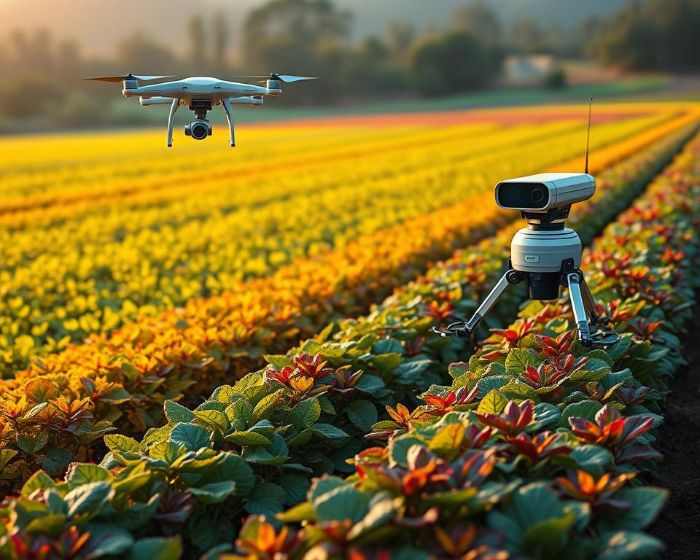As the world faces a population of 10 billion by 2050, are we using technology for sustainable farming? The answer might be in AI in agriculture, especially in crop rotation. Farmers are now using advanced tech to improve crop rotation and soil health. This change is making farming more efficient and productive.
Key Takeaways
- AI technologies are reshaping traditional crop rotation practices.
- Enhanced soil health leads to improved crop yields.
- Precision agriculture offers data-driven approaches for farmers.
- Sustainable farming is increasingly reliant on AI innovations.
- The growth of the AI in agriculture market signals a shift in farming strategies.
Table of Contents
Introduction to Crop Rotation and Its Importance
Crop rotation is key in farming. It means changing what crops grow in a spot over time. This keeps the soil healthy and boosts its fertility.
By switching crops, farmers use resources better. This helps the land and increases their harvests.
Understanding Crop Rotation and Its Benefits
Crop rotation does more than just help the soil. It adds nutrients naturally by mixing legumes with cereals. This method also boosts biodiversity and soil health.
It cuts down on the need for chemical fertilizers. Plus, it makes the soil ecosystem better. This leads to more food from the land.
Challenges in Traditional Crop Rotation Planning
Starting crop rotation isn’t easy. Farmers often lack the right knowledge. They stick to old ways, ignoring new info.
Getting the latest farming data is hard. Different soils and weather make planning tricky. These problems mean farmers need to rethink their methods.
Role of AI in Optimizing Crop Rotation
AI is key in making crop rotation better. It uses advanced data analysis. Farmers can look at lots of soil and crop data from sensors and old records.
This helps them make smart choices for their crops. It keeps the soil healthy and sustainable.
How AI Analyzes Soil and Crop Data for Better Planning
AI helps farmers check soil, moisture, and nutrients. It lets them plan the best crop rotation for the soil. This makes the soil healthier and crops stronger.
Data-driven farming uses this info. It helps plan when to plant and when to use fertilizer. This boosts growth.
AI Algorithms for Predicting Optimal Crop Sequences
AI uses machine learning to guess the best crop order. It looks at past yields and weather. This helps farmers plan ahead.
They can avoid problems like pests or nutrient loss. This lets farmers set the best times to plant and harvest. It helps get the highest yields.
Enhancing Soil Health Through AI-Driven Crop Rotation
AI helps improve soil health by using smart farming methods. It combines technology with farming to better manage nutrients. This also helps fight pests and diseases in the soil.
Reducing Soil Depletion and Enhancing Nutrient Cycling
Crop rotation is key to keeping soil healthy. It stops soil from getting worn out. For instance, using legumes adds nitrogen to the soil, making it more fertile.
AI helps farmers pick the best crops for their soil. This keeps the soil healthy and strong for a long time.
Managing Soil-Borne Diseases and Pests Effectively
AI is vital in controlling pests and diseases in the soil. It uses images and data to spot problems early. This means less use of harmful chemicals.
AI helps farmers farm in a way that’s good for the environment. It supports farming that’s kind to our planet.
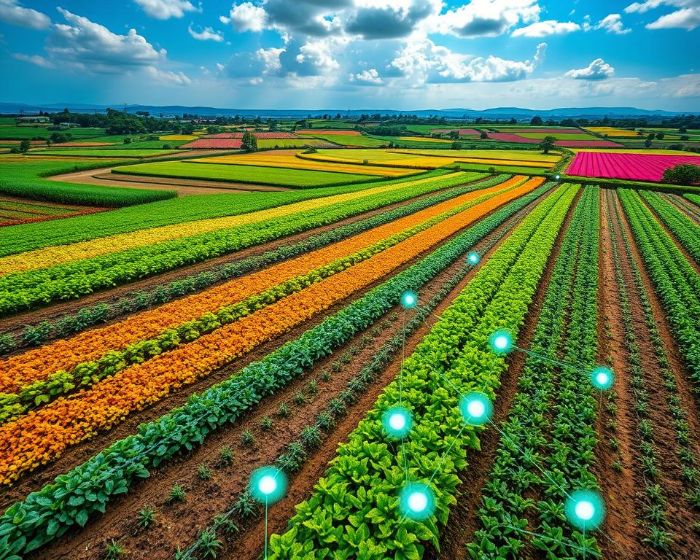
Boosting Crop Yield with AI-Powered Planning
AI planning changes how farmers plan crop rotation. It lets them focus on growing more crops in a green way. By using AI, farmers can make their farms more productive.
Tailoring Crop Rotation to Maximize Yield Potential
AI looks at soil health, weather, and crop results to plan planting. This helps farmers pick the best crops for each season. It makes soil better and increases what farmers can grow, helping them stay ahead.
Environmental and Economic Benefits of AI in Crop Rotation
AI in agriculture has many benefits, especially in planning crop rotation. It helps make farming more sustainable. This means using resources better and reducing harm to the environment.
Lowering Environmental Impact with Smarter Planning
AI helps farmers plan better by saving water and using fewer chemicals. It also keeps soil healthy. AI looks at many factors to make plans that help the environment.
This way, farmers follow rules that protect our planet. It helps keep our ecosystems stable for a long time.
Cost Savings and Increased Profitability for Farmers
AI in crop rotation also saves money for farmers. It helps use less fertilizer, pesticides, and water. This cuts down on costs.
With AI, farmers can grow more crops. This means they make more money. AI’s smart predictions help farmers succeed.

Future Trends in AI-Driven Crop Rotation
Agriculture is changing with new technologies. The Internet of Things (IoT), advanced machine learning, and real-time data analytics are making farming better. They help farmers make smarter choices for the future.
Emerging Technologies Enhancing Crop Rotation Planning
New tech lets farmers watch soil and crops closely. This change helps:
- Collect data in real-time
- Use smart analytics for better crop plans
- Use tools to make farming more efficient
These tools make crop rotation better. They make farming more efficient and productive.
The Potential of AI in Sustainable Agriculture
AI can help make farming more sustainable. This is important as food security worries grow. AI can:
- Improve soil health with better nutrients
- Lessen harm to the environment
- Make crops more resilient
By using these technologies, farming can become more sustainable. This helps ensure food for the future.
Conclusion
AI-powered crop rotation planning is a big step forward in farming. It helps farmers make their soil healthier and more sustainable. This technology uses advanced analytics to solve old problems in crop rotation.
By using AI, farmers can grow more crops and harm the environment less. They can plan their crops based on current data. This makes the soil better and farming more profitable.
Looking ahead, AI is key for farming to keep improving. It makes farming sustainable and profitable for the future. AI helps farmers meet the world’s growing food needs in a good way.
FAQ
What is crop rotation and why is it important?
Crop rotation means changing the crops grown on land. It’s key because it makes soil better, adds nutrients, fights pests, and helps plants grow. This leads to more food and better farming.
How does AI improve crop rotation planning?
AI uses lots of data to help farmers plan better. It helps pick the right crops and when to plant them. This makes farming more efficient and productive.
What are the main challenges faced in traditional crop rotation?
Old ways of farming face many problems. Farmers might not know the best ways to grow crops. They also struggle with outdated methods and lack of new data. Weather and soil type can make things harder too.
What eco-friendly practices are encouraged through AI in crop rotation?
AI helps farmers use less chemicals and water. It also makes soil healthier. This keeps the environment safe and supports green farming.
How can farmers measure the economic impact of implementing AI technologies in crop rotation?
Farmers can see the benefits by looking at their costs. AI helps save money on water and fertilizers. It also makes crops grow better, making farming more profitable.
